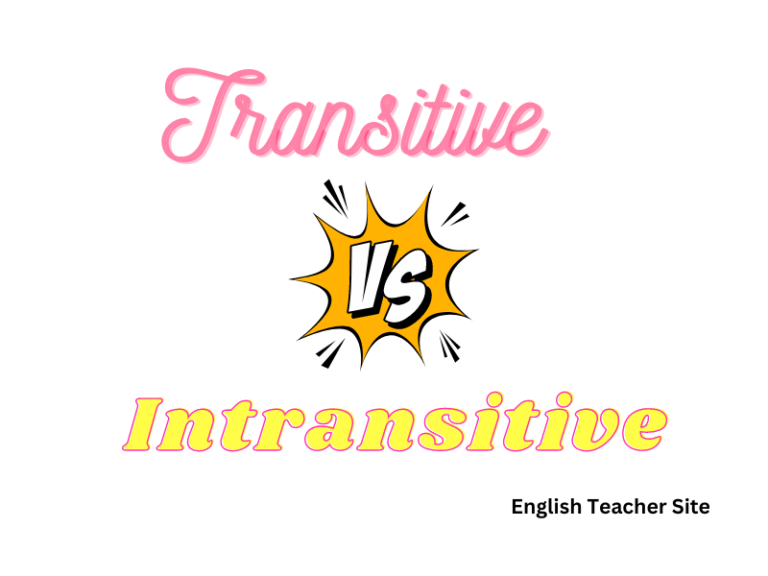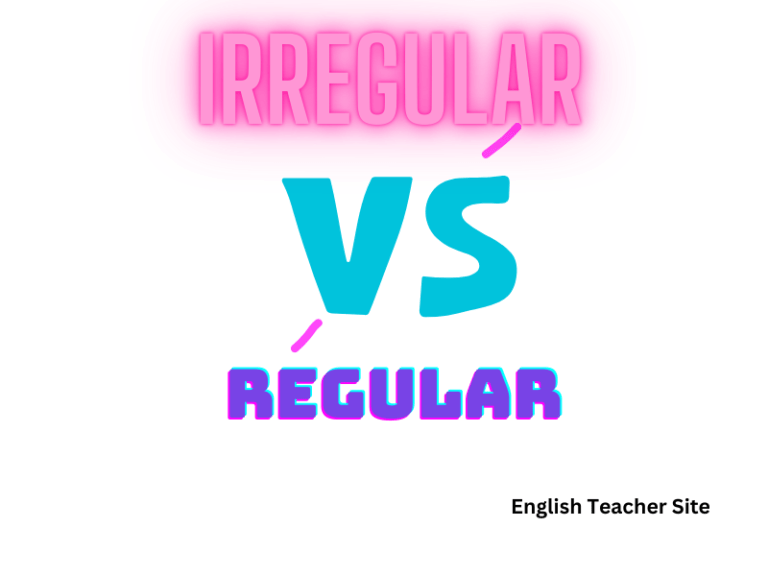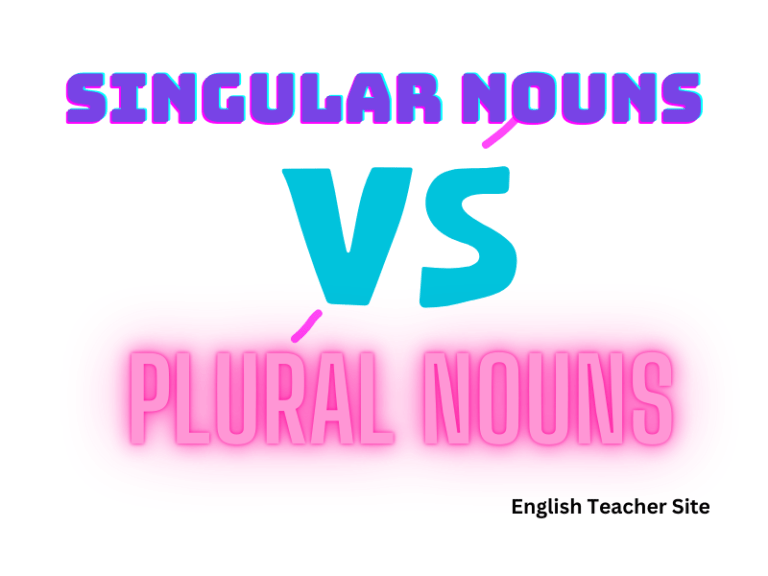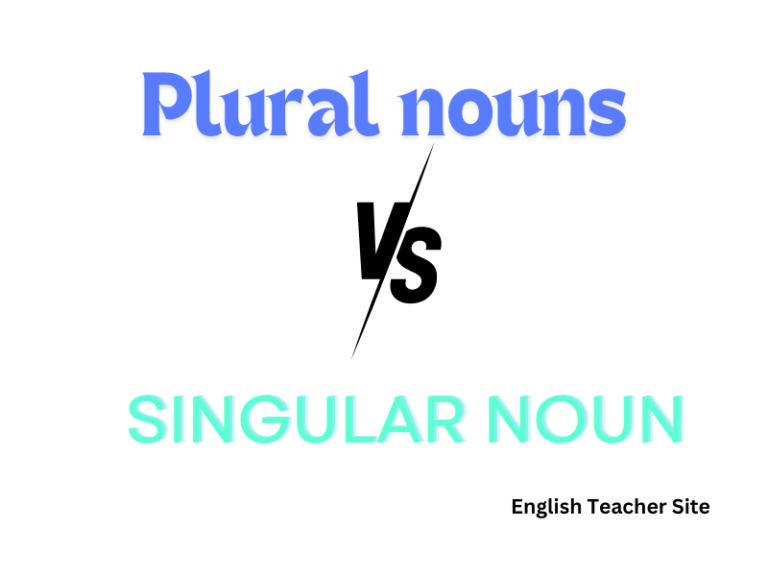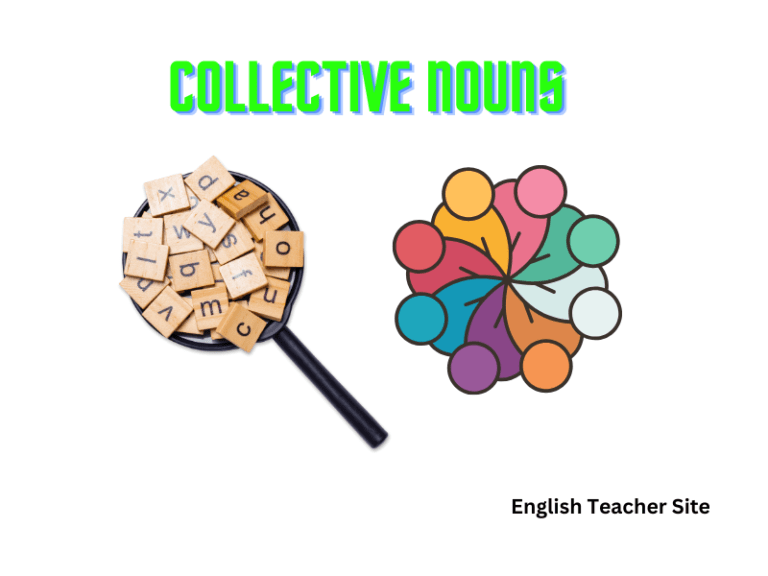What Are Verbs Transitive and Intransitive: Understanding Action Types
In contrast, an intransitive verb does not require, nor can it take, a direct object to complete its meaning. Its action does not extend to an object but rather is contained within the subject. When one says, “The sun rises,” the verb “rises” is intransitive because there is no direct object receiving the action. Understanding…

